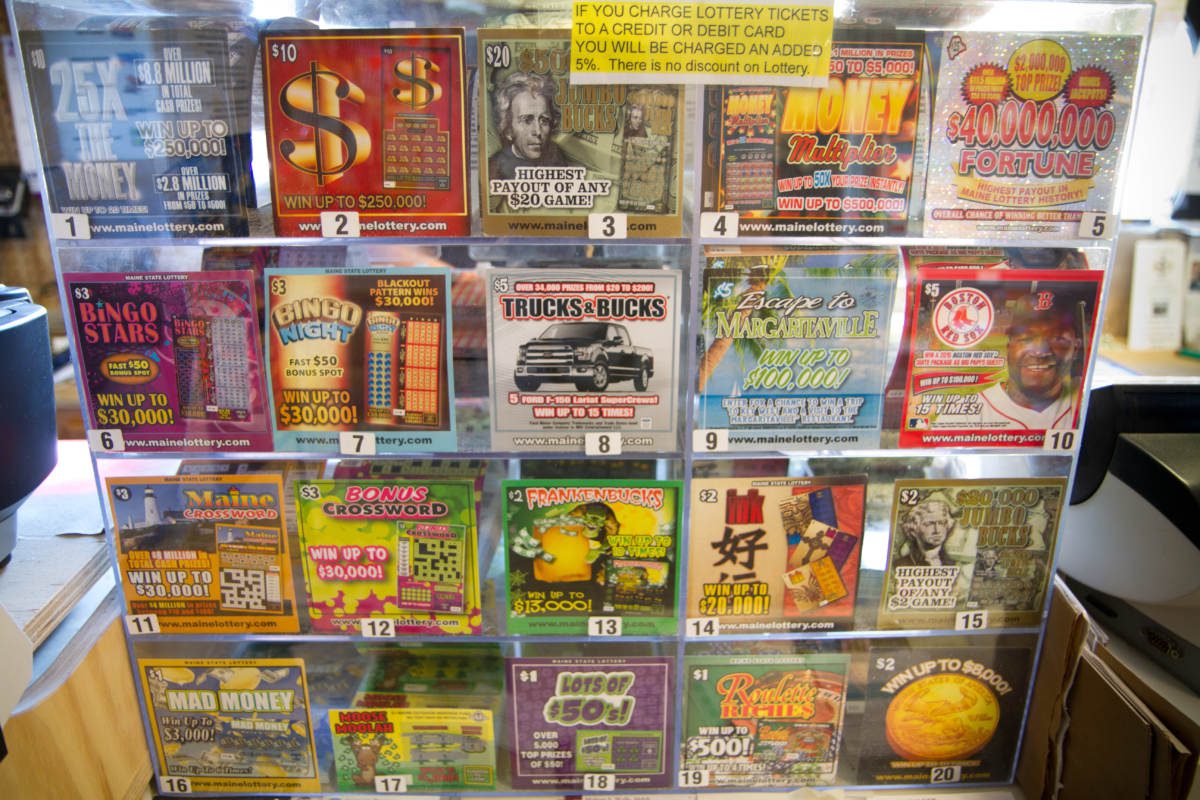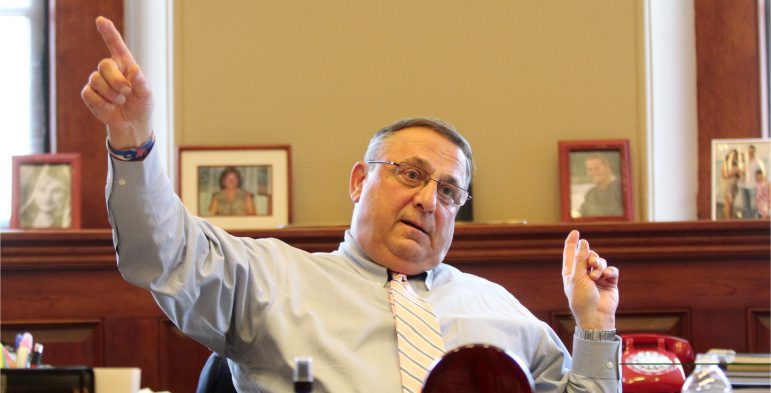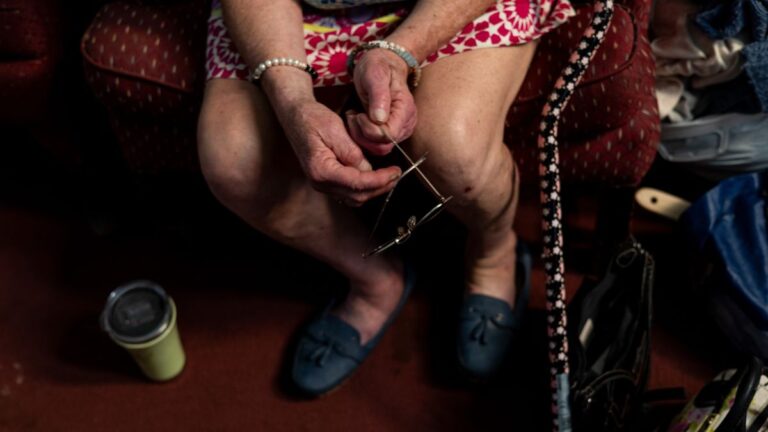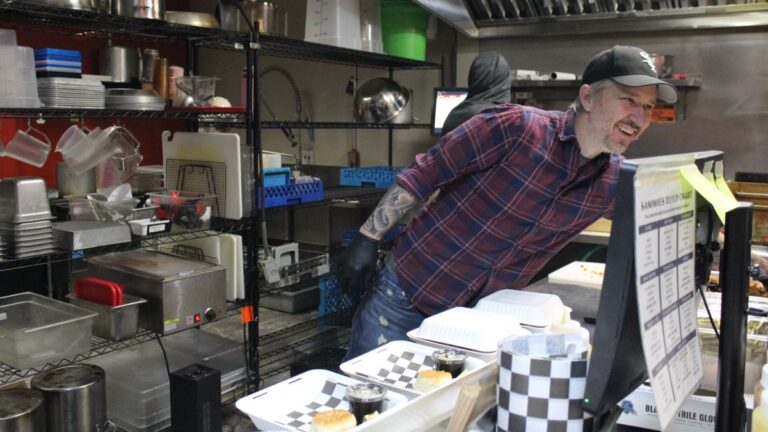AUGUSTA – Gov. Paul LePage said he believes the Maine State Lottery “absolutely” targets the state poor and that if legislators passed a bill to end the lottery, he would sign it immediately.
The governor’s comments, made Tuesday morning during a weekly appearance on WVOM, came just days after the Legislature’s Government Oversight Committee voted to fast-track a study of the $230 million lottery operation and its marketing practices.
LePage said the lottery takes advantage of the poor who are “looking for a silver bullet” as a way out of poverty.
“I can tell you that I’ve seen it,” LePage told radio hosts Ric Tyler and George Hale. “I get emails from folks who send in receipts of people that use their EBT cards to buy $80 worth of lottery tickets, $50 worth of lottery tickets.”
“Now, is it rampant?” he continued. “I don’t know. I don’t follow all the poor people around. But I do know that I was never a fan of it, and I’m still not a fan of it. It’s gambling.”

The issue is at the top of the agenda for many legislators following a 2015 Maine Center for Public Interest Reporting series called “Selling hope to the hopeless” that found lottery ticket sales in the state’s poorest towns were as much as 200 times more per capita than sales in wealthier areas. It also found that lottery sales jump by 10 per cent for every one percent increase in unemployment across the state.
Lottery officials have said advertising for scratch tickets does not specifically target poor towns or counties. But LePage said that the state had considered introducing other lottery games that appeal to wealthier residents but decided against it.
“We tried to bring in Keno,” he said, referring to a lottery-like game that had its origins in China and has been offered in casinos around the country. “Keno was going to be in restaurants and places where there would be more affluent people playing the game, and they voted it down. They killed it and said you can never do it. And they go to the conventional lottery.”
But while legislators have authorized the Office of Program Evaluation and Government Accountability to investigate, LePage predicted that trying to reform the lottery would be ineffective at best.
The legislature “can only make it worse,” he said. “Whether you target it or not, it’s out there. You don’t have to target it. Everybody who’s poor looks for the silver bullet to get out of poverty. I’m just telling you, it’s human nature …”
When Tyler, the radio host, asked if a lack of government oversight left “the lottery free and clear, without a check and balance, to target the poor,” LePage answered that no form of oversight would prevent poor residents from purchasing lottery tickets.
“Ric, this is just like gun control,” LePage said. “The only people that don’t pay attention to gun control is criminals. And if criminals want a gun, they get a gun. If people want to buy a lottery ticket, they get a lottery ticket. I mean, you can prevent it from going on EBT cards, they’ll just go to the ATM, get the cash and go buy the tickets.”
“Regulations, regulations, regulations,” the governor complained. “It isn’t the answer. Either do it, or don’t do it.”
The lottery pays for itself through ticket sales and contributes $50 million annually to the state’s General Fund. It has historically received much less legislative oversight than state programs funded by taxpayer dollars.








